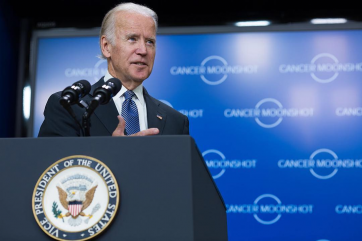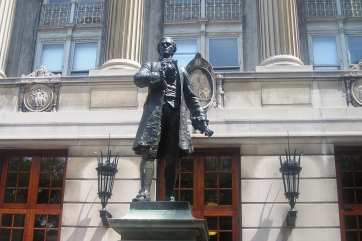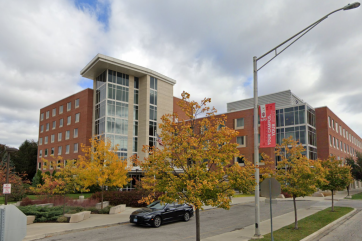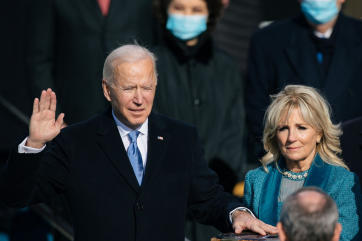Governor Josh Shapiro Unveils Ambitious Plan to Overhaul Higher Education in Pennsylvania
By Joy LiwanagIn a bold move to address what he describes as a "broken" higher education system in Pennsylvania, Governor Josh Shapiro has proposed a substantial $194 million increase for higher education as part of the state's $48.3 billion FY 2024-25 budget request.
With a focus on revitalizing public institutions, Shapiro's three-part blueprint aims to reshape governance, implement performance-based funding, and enhance accessibility and affordability. This comprehensive plan comes at a crucial time, as Pennsylvania grapples with declining enrollments and a higher education landscape in need of transformation.

New Governance System: Uniting for Efficiency and Sustainability
Shapiro's first pillar centers around the creation of a new governance system for ten public universities and 15 community colleges in Pennsylvania. The proposal seeks to consolidate operations, reduce program duplication, and establish broader pathways to degrees and postsecondary credentials. By uniting community colleges under the same umbrella as the institutions in the Pennsylvania State System of Higher Education (PSSHE), Shapiro aims to streamline administrative processes and create a more efficient educational ecosystem.
The ongoing merger of six former PSSHE universities into two regional campuses exemplifies the state's commitment to cost-saving measures and adapting to shifting enrollment trends. To fund this consolidation effort, Shapiro suggests a 15% increase in funding, totaling $975 million for PASSE universities and community colleges combined. This financial injection aims to support the transition and set the stage for a more sustainable higher education structure.
Performance Funding: Tying Dollars to Outcomes
Shapiro's second proposal advocates for a funding model that ties state funding to performance metrics for PSSHE schools and the four "state-related" institutions: Pennsylvania State University, University of Pittsburgh, Temple University, and Lincoln University. The shift towards performance-based funding aligns with a broader national trend seeking accountability and outcomes in higher education.
The proposed 5% increase in funding for these institutions, currently receiving about $600 million from the state, hinges on metrics such as increasing enrollment, supporting first-generation college students, and improving graduation rates. The formula extends beyond traditional benchmarks, rewarding institutions for addressing workforce shortages in critical fields like education and nursing, as well as fostering growth in areas like advanced manufacturing and biotechnology.
Moreover, Shapiro proposes that the performance funding formula be managed by the Pennsylvania Department of Education, aiming to depoliticize the process and shield institutions from what he terms "political games." This shift seeks to create a more transparent and merit-based approach to distributing state funds, fostering innovation and excellence in higher education.
Access and Affordability: Investing in Pennsylvania's Future
In a bid to make higher education more accessible and affordable, Shapiro's final proposal promises $279 million in additional funding starting from the 2025-26 fiscal year. This forward-looking investment includes:
- Increased financial aid for students in the new governance system, ensuring that Pennsylvanians with incomes up to the median would pay no more than $1,000 in tuition and fees per semester.
- A boost to Pennsylvania Higher Education Assistance Agency (PHEAA) state grants by $1,000, elevating the maximum award from $5,750 to $6,750.
By committing to these measures, Shapiro aims to alleviate the financial burden on students and enhance the overall accessibility of higher education. The proposed budget underscores the governor's commitment to affordability without resorting to increased taxes, relying instead on a judicious allocation of the state's $14 billion surplus, ensuring fiscal responsibility while investing in the future of Pennsylvania's workforce.
Governor Josh Shapiro's ambitious higher education overhaul presents a transformative vision for Pennsylvania's struggling higher education system. By addressing governance inefficiencies, implementing performance-based funding, and prioritizing access and affordability, Shapiro's blueprint aims to reinvigorate the state's colleges and universities. As the proposed budget makes its way through legislative scrutiny, Pennsylvania stands at the precipice of a significant educational reform that could shape the future of its workforce and economic landscape.
RELATED ARTICLE: Governor Shapiro's Ambitious Plan: Transforming Higher Education In Pennsylvania With $1,000 Semester Proposal








